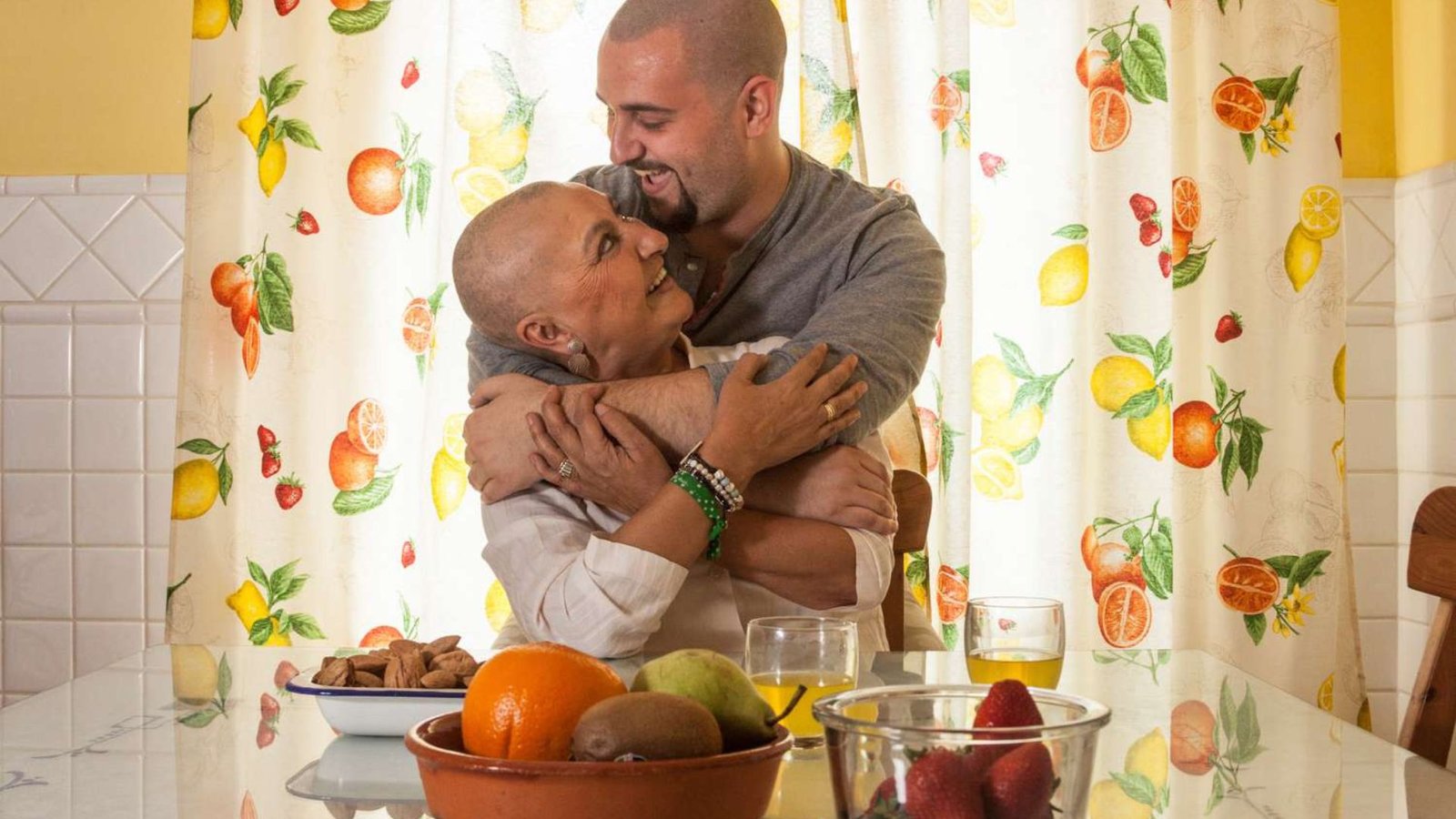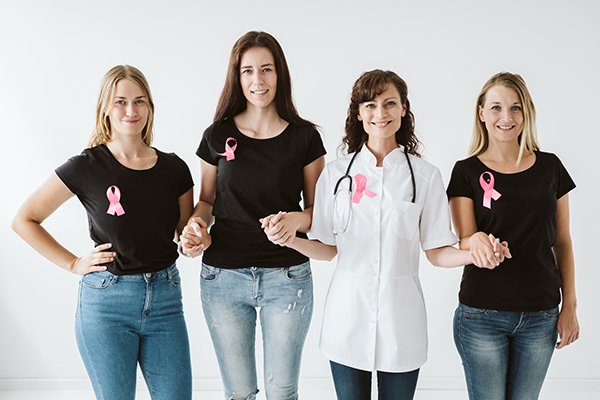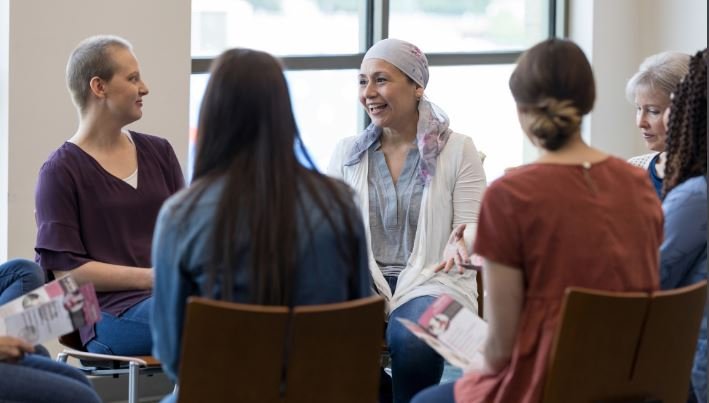Effective cancer prevention strategies play a crucial role in reducing the risk of developing cancer. By adopting healthy lifestyle choices and staying informed about the factors that contribute to cancer, individuals can take proactive steps to safeguard their health. This guide provides practical tips and insights into how you can lower your cancer risk through prevention.

Understanding the Importance of Prevention
To begin with, understanding the importance of cancer prevention is key to taking control of your health. Cancer prevention involves making informed decisions about your lifestyle and environment to minimize exposure to known risk factors. While not all cancers are preventable, a significant portion of cases can be avoided by following preventive measures.
Maintain a Healthy Diet
Furthermore, maintaining a healthy diet is one of the most effective ways to reduce your cancer risk. A diet rich in fruits, vegetables, whole grains, and lean proteins provides essential nutrients that support your body’s natural defenses against cancer. Limiting the intake of processed foods, red meats, and sugary beverages also plays a significant role in prevention.
Stay Physically Active
In addition, staying physically active contributes to cancer prevention by helping you maintain a healthy weight, which is crucial in reducing the risk of various cancers. Regular exercise boosts your immune system, improves circulation, and reduces inflammation, all of which are important for cancer prevention. Aim for at least 150 minutes of moderate-intensity exercise each week.
Avoid Tobacco and Limit Alcohol
Moreover, avoiding tobacco use and limiting alcohol consumption are critical steps in cancer prevention. Tobacco use is the leading cause of cancer worldwide, responsible for lung, throat, and many other cancers. Similarly, alcohol increases the risk of cancers such as breast, liver, and colon cancer. By quitting smoking and moderating alcohol intake, you significantly lower your cancer risk.
Protect Yourself from the Sun
Additionally, protecting yourself from harmful UV radiation is essential in preventing skin cancer, one of the most common types of cancer. Always wear sunscreen with a high SPF, seek shade during peak sun hours, and wear protective clothing when outdoors. Regular skin checks are also important for early detection and prevention of skin cancer.
Get Regular Screenings
Furthermore, getting regular screenings is a vital component of effective cancer prevention. Screenings can detect cancers early, when they are most treatable. Depending on your age, gender, and risk factors, your doctor may recommend screenings for cancers such as breast, cervical, colorectal, and prostate cancer. Early detection through screenings can save lives.
Get Vaccinated
In addition, getting vaccinated against certain viruses can reduce your risk of developing related cancers. For example, the HPV vaccine protects against the human papillomavirus, which is linked to cervical and other cancers. The hepatitis B vaccine reduces the risk of liver cancer. Vaccination is a simple yet powerful tool in cancer prevention.
Manage Stress and Get Enough Sleep
Moreover, managing stress and getting enough sleep are important for maintaining overall health and reducing cancer risk. Chronic stress and lack of sleep can weaken the immune system, making the body more susceptible to illness, including cancer. Practice stress management techniques such as meditation, yoga, and deep breathing, and aim for 7-9 hours of sleep each night.
Limit Exposure to Environmental Toxins
Additionally, limiting exposure to environmental toxins such as chemicals, pollutants, and asbestos can help reduce your cancer risk. Use natural or non-toxic cleaning products, avoid areas with heavy pollution, and follow safety guidelines at work if you are exposed to hazardous materials. Awareness and caution can go a long way in cancer prevention.
Conclusion
In conclusion, effective cancer prevention requires a proactive approach to health and lifestyle choices. By maintaining a healthy diet, staying physically active, avoiding tobacco and excessive alcohol, protecting yourself from the sun, getting regular screenings, and managing stress, you can significantly reduce your risk of developing cancer. Prevention is a powerful tool in the fight against cancer, empowering you to take control of your health and future.




